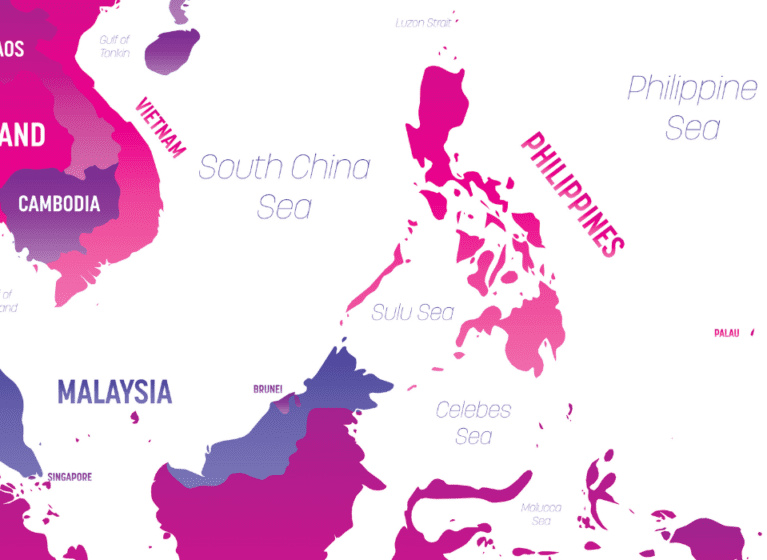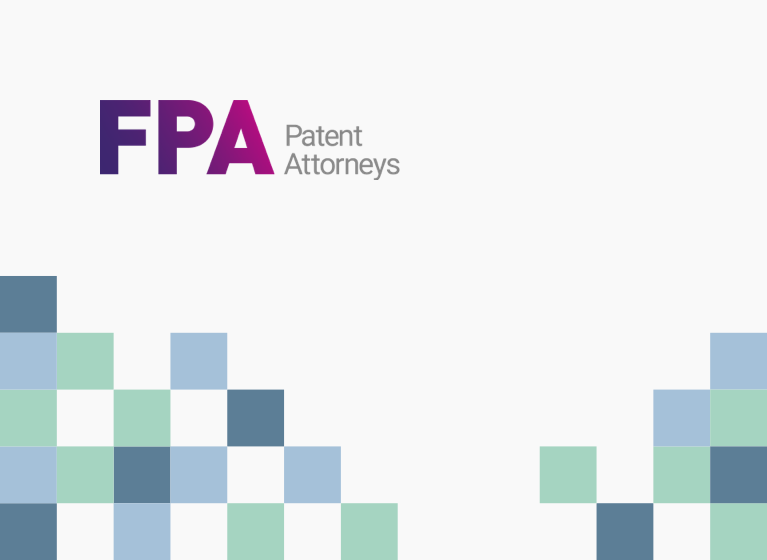Patent practice around the world constantly evolves due to legislative changes, policy changes and/or developments in case law. Keeping a keen interest on significant developments in patent practice in Southeast Asia is critical to providing better strategic guidance in relation to our practice. We provide you with a snapshot of the key changes that occurred in 2023.
| Country | Key Changes |
|---|---|
 Singapore |
Case Law There were a couple of significant patent decisions handed down in Singapore in 2023. In IIa Technologies Pte Ltd v Element Six Technologies Ltd [2023] SGCA 5, it was held that three types of insufficiency should be considered in local practice, namely, classical insufficiency, Biogen insufficiency, and for the first time, insufficiency arising from uncertainty. The court described the distinction as: Uncertainty is a distinct objection from classical insufficiency. The latter is concerned with whether the patent specification sufficiently teaches the PSA how to obtain the product or work the process that is the subject of the claim, while the former is concerned with whether the PSA, after following the teachings in the patent specification, can tell whether the product obtained, or process worked, falls within the scope the claim.In Millennium Pharmaceuticals, Inc & Johnson & Johnson Pte Ltd v Zyfas Medical Co [2023] SGHC 360, the Singapore High Court ruled in favour of local pharmaceutical distributor Zyfas Medical in a patent infringement dispute with Millennium Pharmaceuticals and Johnson & Johnson (collectively the plaintiff) over the manufacture of generic versions of the cancer drug bortezomib. This decision focused on the plaintiff’s efforts to reverse the burden of proof on to the defendant of non-infringement. In this case the plaintiff failed both arms of the test: they could not show that a substantial likelihood existed that the product was made by the patented process; nor could they show reasonable efforts in seeking to determine what process was actually used. Procedure and/or Practice
|
 Indonesia |
Case Law Prior to the recent multi-year global cross-licence agreement between Nokia and Oppo relating to 5G patents, the patent dispute had played out in Indonesia with Nokia being unsuccessful in 3 of the 4 appeals for patent infringement. Procedure and/or Practice
|
 Malaysia |
Procedure and/or Practice A three year PPH program between the Intellectual Property Corporation of Malaysia and the USPTO is in place until 1 March 2026. The inclusion of the USTPO is a welcome addition to the existing PPH programs with the Japan Patent Office (JPO), the European Patent Office (EPO), the China National Intellectual Property Administration (CNIPA), and the Korean Intellectual Property Office (KIPO). 2023 saw the continued deferral of a number of the remaining provisions from the Patents (Amendment) Act 2022 including:
|
 Philippines |
Case Law In Incyte Holdings Corporation v. Director of Bureau of Patents, Appeal No. 01-2021-0003, 14 February 2023, it was held that a lapsed patent due to non-payment of renewal fees could be reinstated as circumstances showed that the non-payment was unintentional and was due to negligence of a third party (ie not the patent owner). However, this outcome was reached in part due to Covid-19 restrictions that were in place during the period of non-payment, so it may not be binding for all situations. But it at least shows there may be circumstances that can lead to revival of a lapsed patent. Procedure and/or Practice The patent office now supplements their industry targeted email notifications by publishing patent applications “identified as subjects for Community Review” and inviting third parties to submit Third Party Observations (TPOs), with a view to ensuring transparency in granting quality patents. The page lists the industry, title and deadline for such TPOs. Not all applications are published in the Community Review page. Inclusion is dictated largely by whether the subject matter of the applications has an existing industry in the Philippines. |
 Thailand |
Procedure and/or Practice In July 2022 Thailand implemented the Target Patent Fast-Track (“TPFT”) system to expedite examination of patent applications in the fields of medical products, processes, materials, accessories or equipment which contributes to public health solutions. In 2023, the "Target Patent Fast-Track: Future Food" project was launched, having effect from 1 January 2024. Future food encompasses products and processes related to food innovation across four categories:
The courts in the meantime have looked to implement a number of changes to streamline hearings including online hearings, and recordation of witness testimony. There are a couple of proposed procedural changes too, including:
|
 Vietnam |
Case Law In a reassuring sign for patentees in Vietnam, pharmaceutical company Novartis has been successful in defending against a second appeal by a local generic manufacturer. Novartis was successful in a finding by the High People’s Court of Ho Chi Minh City of patent infringement. The defendant was required to publicly apologise and compensate for the infringement. Procedure and/or Practice A procedural update that took effect in November 2023 formally recognised, and made law, the practice of requesting the Vietnam IP Office to consider overseas search reports and the examination results of corresponding patent applications. Previously examiners were not required to consider search and examination results of other patent offices during the examination process. |





